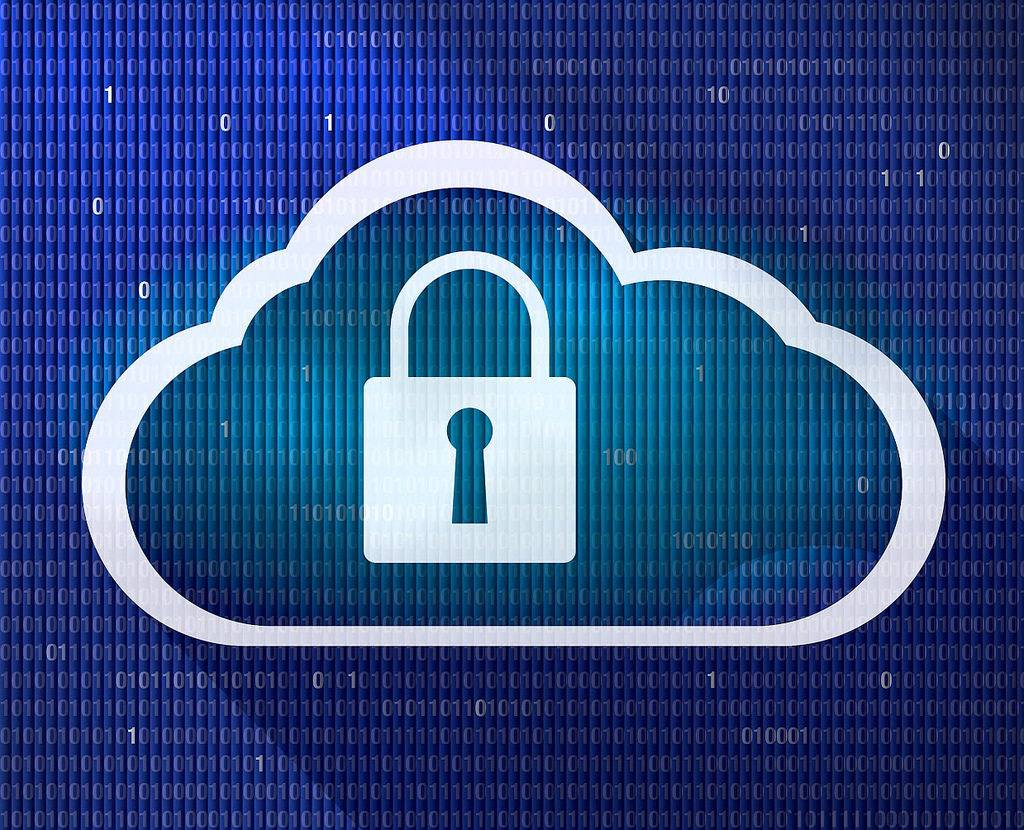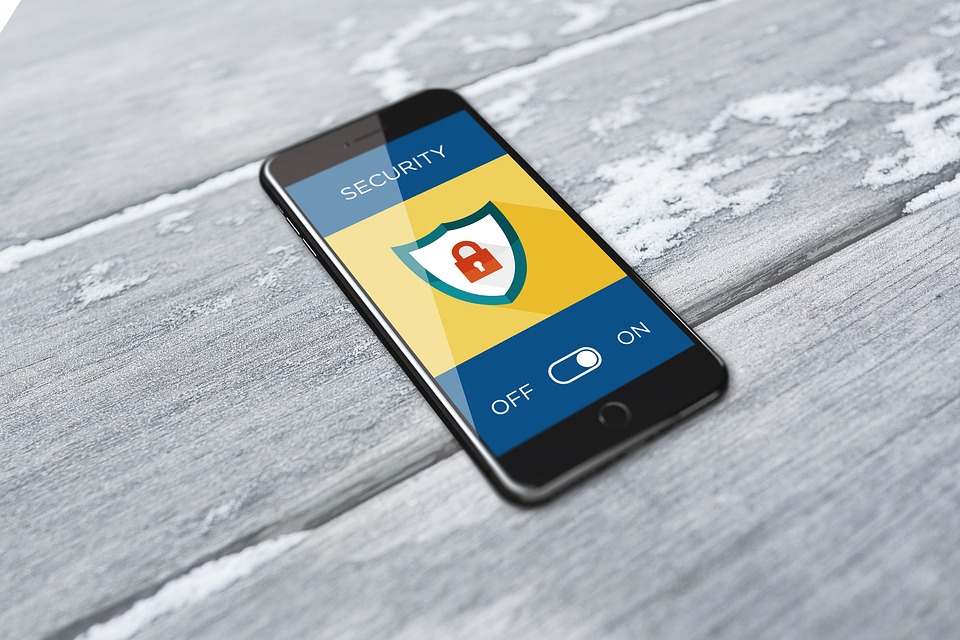 By Kellie Hale
By Kellie Hale
The National Cyber Security Alliance (NCSA) of the U.S. Department of Homeland Security (DHS) deemed October as Cybersecurity month to highlight the broad effort to make sure Americans understand how to stay safe and secure in an online environment. This year’s theme is “#BeCyberSmart”, is crucial during times as “the line between our online and offline lives” have become interchangeable. #BeCyberSmart theme is used to empower individuals, along with organizations about their roles to protect themselves against cyber-attacks. The overall goal is to have our interconnected world remain safe and secure, but most of all, resilient.
Dr. Amelia Phillips, Faculty and Program Lead for Cyber-Security & Forensics at Highline College and Advisory Board member for the Center of Excellence – Homeland Security Emergency Management said, “The importance of properly trained individuals in cybersecurity has never been more crucial. With employees and employers working from home, using mobile devices, and juggling work / home devices the need for cyber awareness is needed. To train students for the workforce needs requires first looking at the broad definition of ‘cybersecurity’.” Dr. Phillips explains how “the education provided can be very technical in nature as provided by many of our community and technical colleges. It also can be focused in the business, medical and legal arenas.”
We all are susceptible to cyber-attack so it is important to educate and train employees and family members who may be susceptible to cyber-attacks. I recently received to emails that were deemed phishing scams. One email claimed to be the President of Pierce College by asking me to text her my cellphone number. This is not the first time a cyber scam has occurred where the culprit is trying to pass themselves off as one of the presidents from the College. Another cyber scam I received claimed that their photos were being used on our website without their permission and were threatening to take legal action if the photo was not taken down and a fine was paid. The tone of the person’s message was very threatening and quite disturbing. It was quickly forwarded to our IT Security department and came back with a confirmation that the email was a cyber scam and to not click on any links included.
Cyber-attacks are occurring more and more with people working from home and kids partaking in remote schooling. Being cyber smart is critical to our daily lives. Michael Kaiser, Executive Director, NCSA said, “that people need to understand they can be cyber safe by merely being more critically aware of suspicious links, particularly if they are included in unknown email accounts, while also factoring in to use public/free Wi-Fi consciously.” People can also stay safe by thinking more consciously about when they choose to post their personal information online.
Overall, people need to understand that they can protect themselves as we move more into an online world. There are amazing resources out there on how to be cyber safe. The NCSA will provide weekly content throughout October on ways to #BeCyberSmart that can be incorporated into our everyday lives, while also being able to integrate topics that may be relevant to our organizations.
Here are some simple tasks one can do to keep their devices safe from cyber threats:

- Keep Devices Clean: This includes all devices that are web-connected such as PCs mobile phones, smartphones, and tablets. Keeping them clean from any type of malware and/or viruses will help secure the Internet for those using the devices.
- Stay Two Steps Ahead: Incorporate two-step or multi-factor authentication on certain accounts. This will enable better verification on devices and accounts, while reducing the risk of cyber interference.
- Delete Suspicious Links/Posts/Texts: If you are not confident that the links in emails, SM posts or texts you receive are not safe, then simply delete them. Most likely, it could be a cybercriminal trying to steal your personal information while also infecting your device with a virus.
- Research Apps: When it comes to downloading apps on your phone, be sure to
- read the privacy policy and the data the app may have access through your phone. If there are apps you are no longer using, then delete.
- Strong Passwords: A strong password will help improve your security. While you should make passwords that you will remember, it is equally important to make sure your passwords will be hard to guess by other people. Make sure your passwords are different for all accounts.
- Golden Rule: Be mindful of what you post on the Internet.
NSCA’s Weekly Content for Cyber Security Month: https://staysafeonline.org/cybersecurity-awareness-month/theme/

